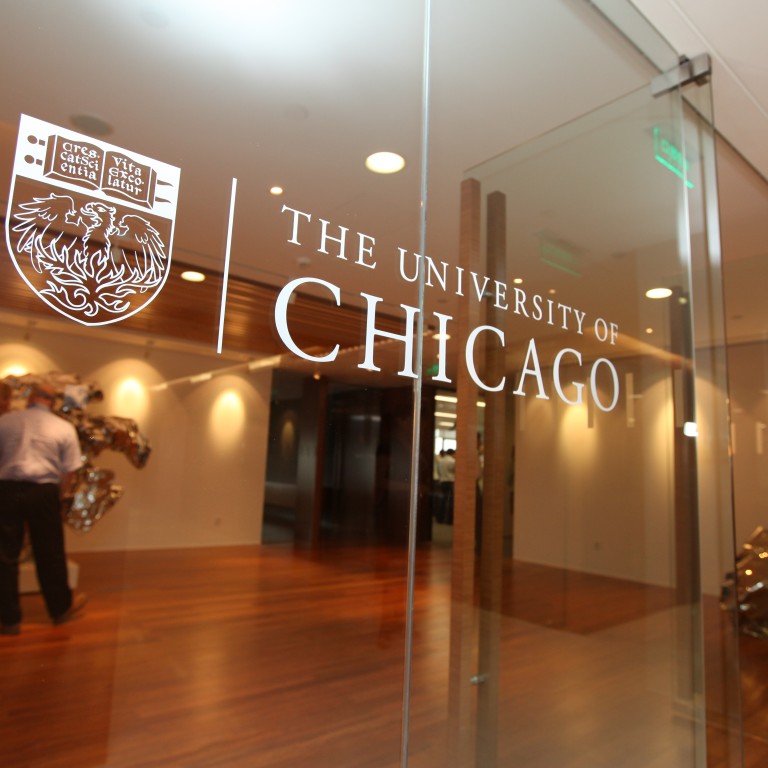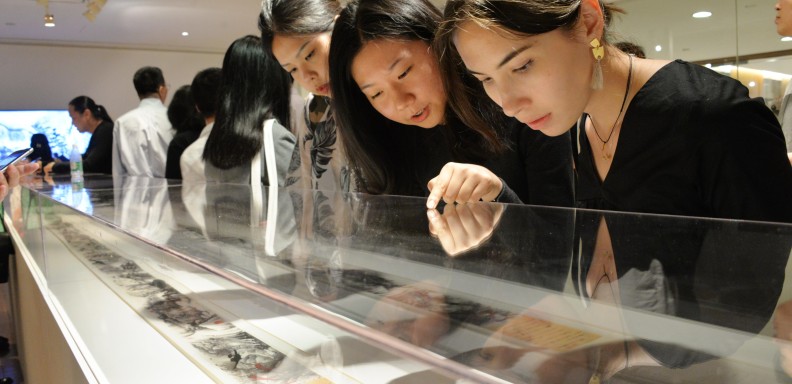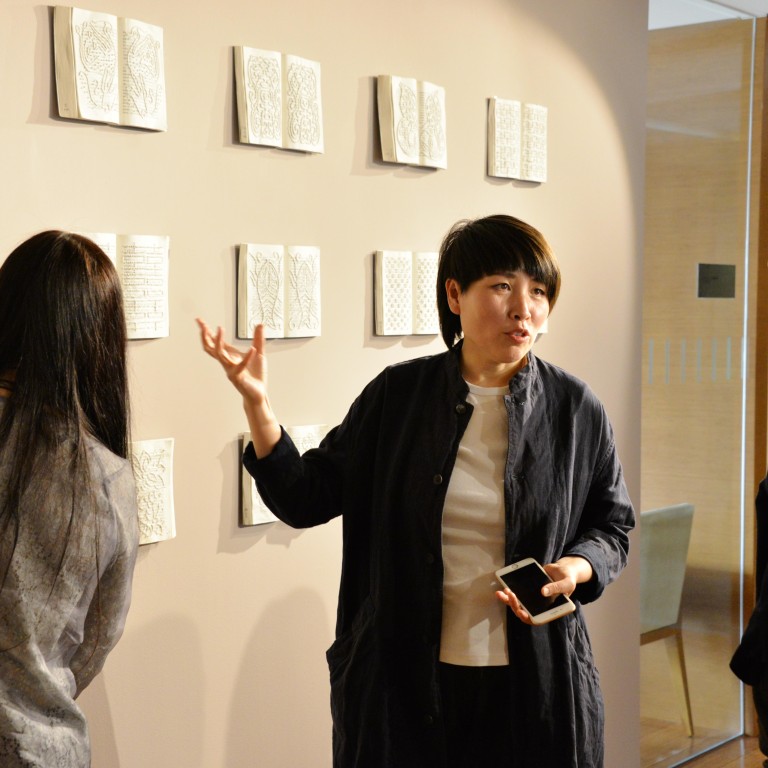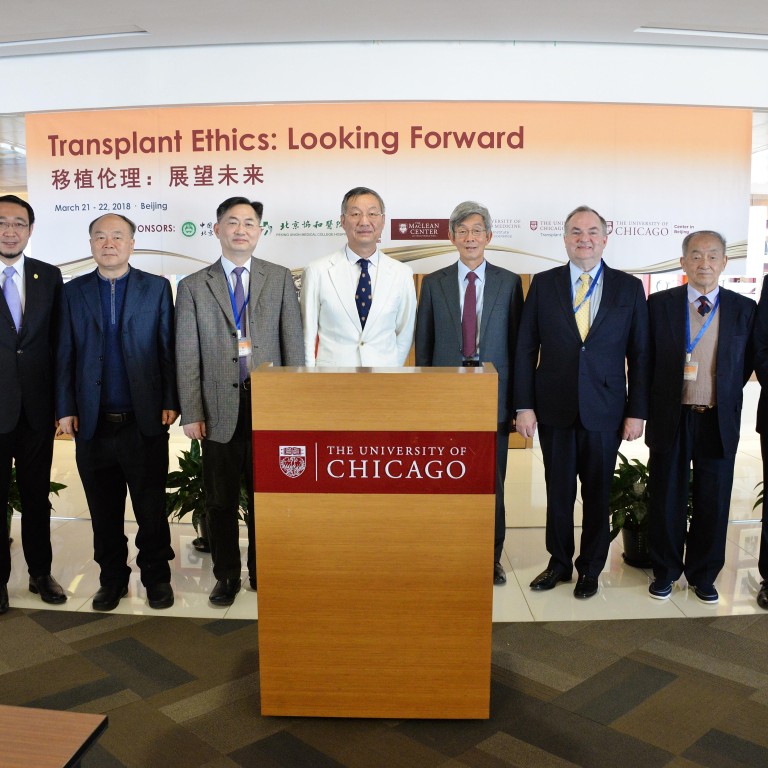The “Body and Empiricism Workshop” is hosted by the Peking University School of Health Humanities and the University of Chicago Center in Beijing and held from June 27th to June 28th at Peking University School of Health Humanities,from July 1st to July 2nd at the University of Chicago Center in Beijing. The workshop is based on the framework of science and technology studies to explore and discuss the body, empiricism, and perception through the approach of anthropology, phenomenology, and history.
At Peking University School of Health Humanities, Professor Michael Rossi gave two lectures on the history of empiricism, as an historian of medicine and science in the United States from the nineteenth century to the present. His work focuses on the historical and cultural metaphysics of the body: how different people at different times understood questions of beauty, truth, falsehood, pain, pleasure, goodness, and reality vis-à-vis their corporeal selves and those of others. In the afternoons, the twenty one students were divided into five groups to work on their group projects and then presented their findings on the second afternoon.
At the University of Chicago Center in Beijing, Professor Judith Farquhar led the second part of the workshop through exploring the concepts of the body and empiricism. Prof. Judith Farquhar specializes in research on traditional medicine, popular culture, and everyday life in contemporary China. She is known by her expertise in medical anthropology; the anthropology of knowledge and of embodiment; critical theory and cultural studies; and theories of reading, writing, and translation.
Professor Lili Lai gave a lecture on the second morning on the historical entanglement of Chinese medicine and cybernetics, to illustrate the interesting affinity of Chinese medicine body and posthuman body. The second part of the workshop also featured group projects and presentations. Throughout, the students were encouraged to engage and think critically with the reading materials and formulate ideas of their own on the topics. These presentations provided an opportunity for students to synthesize their learning and present their insights on the interrelation of the body, empiricism, and sensory perception across historical and cultural contexts.



